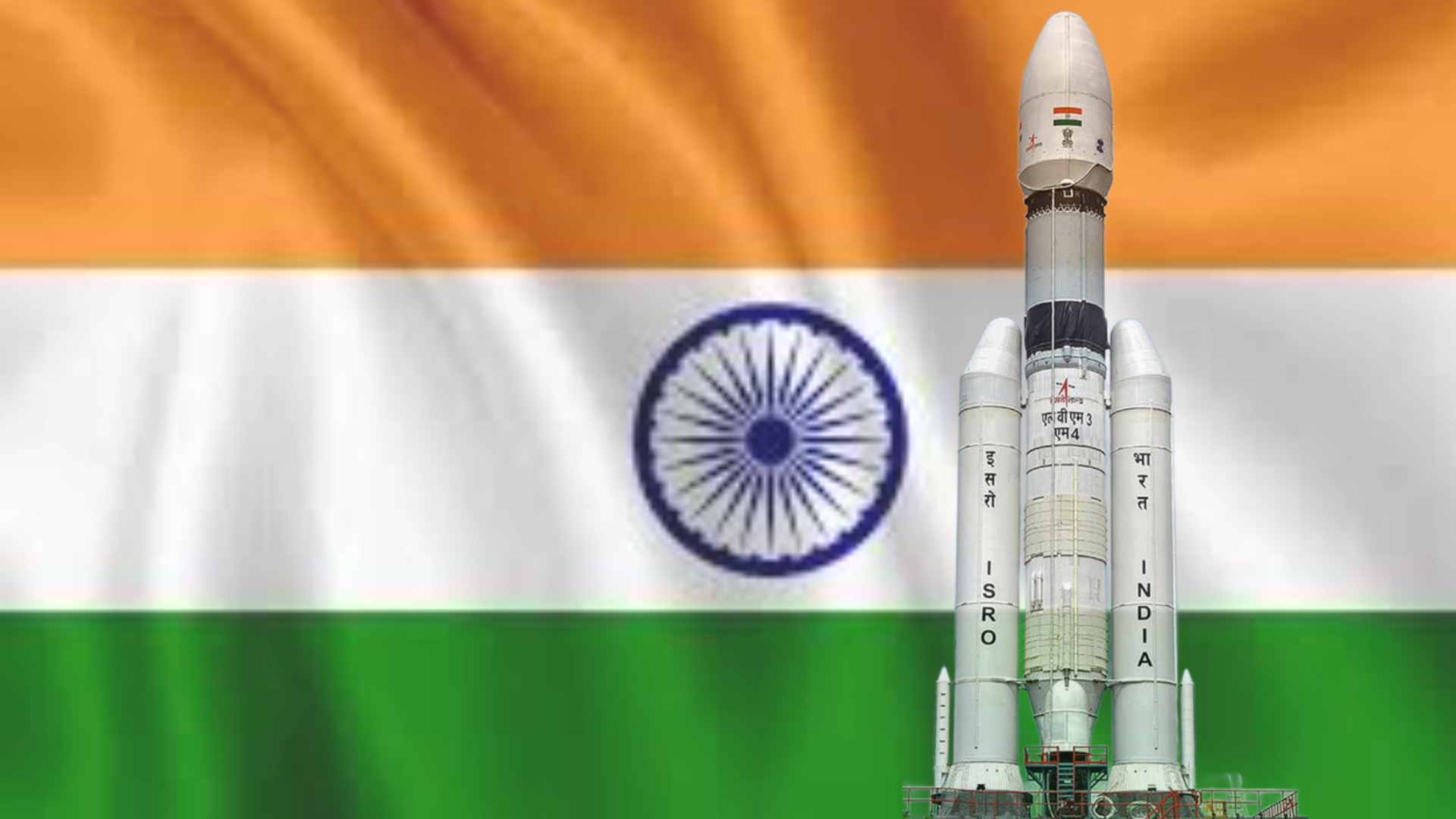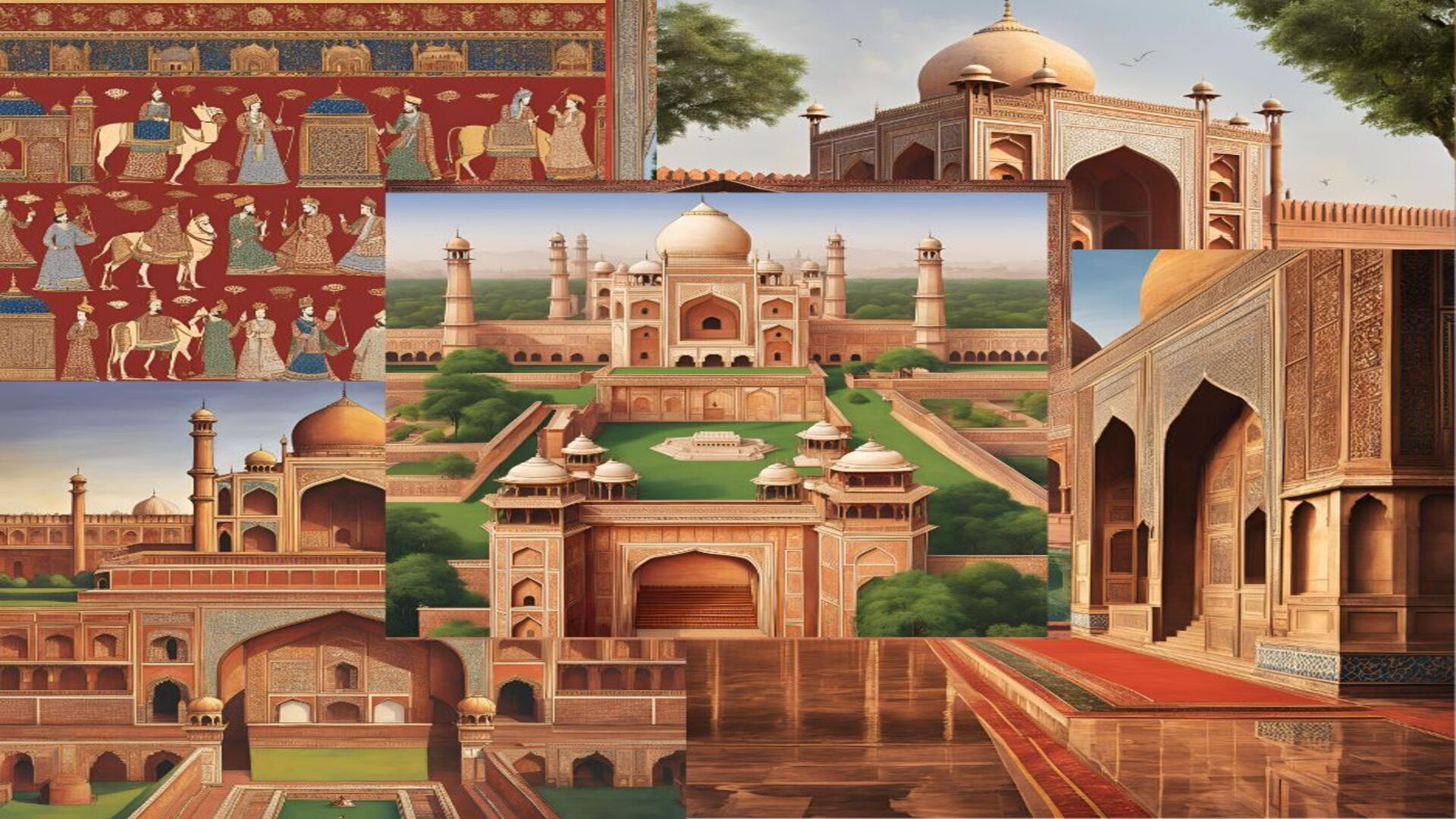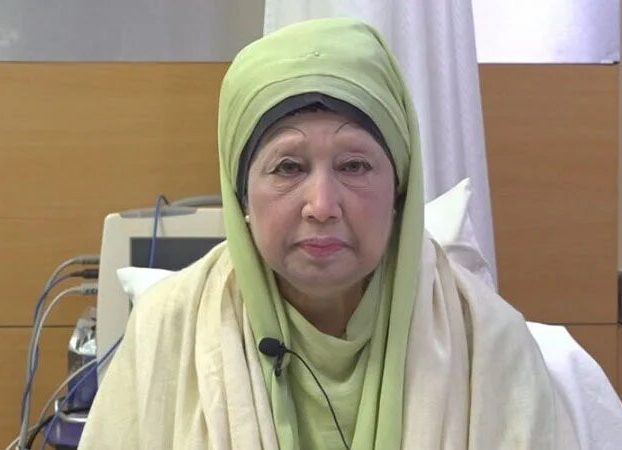
Indira Priyadarshini Gandhi was India’s first and only woman Prime Minister, one of the protagonists of political and social change in the country. India faced several difficult situations under his leadership, and his decisions marked important chapters in Indian history. Indira Gandhi, as an eminent political leader and possessor of strong character, made her reign a historic feat. His life and works illuminate various aspects of Indian politics and history. This report will discuss in detail about his life, political career, achievements, challenges and legacy.
Early life and education
Indira Gandhi was born on 19 November 1917 in Allahabad (now Prayagraj). His father, Pandit Jawaharlal Nehru, was one of the key leaders of the Indian independence movement and the first Prime Minister of independent India. His mother, Kamala Nehru, was a noted political activist and an active participant in the freedom struggle. Indira’s childhood was spent amidst political tension and agitation, which had a profound impact on her life.
Indira’s early education began in Allahabad and later in Shimla and Pune. Rabindranath Tagore’s studies at the Visva Bharati University in Santiniketan had a formative influence on his life philosophy and education. Later, studied history, political science and economics at Oxford University in England. During his time at Oxford, he learned in detail about European political changes, the rise of fascism and the prospect of World War II, which influenced his political thinking.
personal life
Indira Gandhi ruled India for about 15 years Tukho politician Indira Gandhi left the signature of genius in India After 25 years, the political arena of India and the world is remembering Mrs. Indira Gandhi After Indira Gandhi, no other woman has been Prime Minister of India As the Prime Minister of India, Indira led the Green Revolution, won the war against Pakistan and for Bangladesh (1971), internal restructuring, defined a clear foreign policy and implemented several projects. His son Sanjay Gandhi died in a plane crash and another son Rajiv Gandhi died in a suicide bombing. Surviving are two sons Badhumaneka Gandhi and Sonia Gandhi. In her personal life, Indira Gandhi was a very affectionate person.
Entry into political life
Indira Gandhi started participating in her father’s political activities. He actively participated in the Quit India Movement of 1942 and was arrested by the British authorities. His political awareness and commitment strengthened during his imprisonment. After the independence movement, Indira Gandhi moved to Delhi with her father and continued to participate in various political activities.
In 1955, he was elected an executive member of the Indian National Congress and in 1959 became the president of the Congress party. During this time, he led various organizational works and political programs. His performance and political acumen saw him rise rapidly and after the death of his father Jawaharlal Nehru in 1964, he joined Lal Bahadur Shastri’s cabinet as Minister of Information and Broadcasting.
First Term as Prime Minister (1966-1977)
Indira Gandhi was elected as the Prime Minister of India in 1966. During his first term, he took many important political and social steps which changed the socio-economic picture of India.
Economic reforms and green revolution
Indira Gandhi initiated the Green Revolution to bring about significant changes in India’s agricultural sector. The program introduced high-yielding crop varieties, modern irrigation systems, and the use of chemical fertilizers and pesticides. This resulted in a significant increase in agricultural production in Punjab, Haryana, and Uttar Pradesh. Through this revolution, India became self-sufficient in food grains and ensured food security.
Bank nationalization and financial reforms
In 1969, Indira Gandhi took the initiative to nationalize 14 major commercial banks. Through this move the government concentrated the economic power of the country and started providing loans on easy terms to the poor people. Bank nationalization led to increased investment in agricultural and industrial sectors and fundamental changes in the country’s financial system.
Indo-Pakistani War of 1971 and Independence of Bangladesh In 1971, under the leadership of Indira Gandhi, India fought against Pakistan and liberated Bangladesh. Armed action was taken against torture and genocide by the Pakistani army in East Pakistan (now Bangladesh). As a result of this war, Bangladesh gained independence and India gained a strong position in the international arena.
Achieving nuclear power
In 1974, the first nuclear test was conducted at Pokhran in the Indian state of Rajasthan, paving the way for India to acquire nuclear power. This move of Indira Gandhi played an important role in increasing India’s strength and power at the international level.
Social justice and work for the poor
Indira Gandhi focused on the development of poor people through the slogan “Garivi Hatao” (Eliminate Poverty). He undertook various social welfare projects, investments in education and health sectors, and programs for women empowerment. Although several of his schemes failed to yield the desired results, his efforts and initiatives played an important role in the development of the poor people of the country.
Declaration of Emergency (1975-1977)
In 1975, Indira Gandhi took one of the most controversial decisions in Indian history and declared a state of emergency. These measures resulted in the suspension of civil rights and limited freedom of the press. Opposition political leaders were arrested and the political situation in the country became very critical. This period of Emergency was a major challenge to India’s democratic values and Indira Gandhi came under heavy criticism.
Period in opposition
After the defeat of the Congress in the post-Emergency elections, Indira Gandhi moved to the opposition. During this time he faced several legal and political challenges. But his popularity did not decrease that much. In the next election of 1977, Indira Gandhi came back to the people with a new political strategy. He reorganized the Congress Party and was re-elected as Prime Minister in 1980.
Second term as Prime Minister (1980-1984)
During the second term, Indira Gandhi faced several important political and social problems. The Sikh separatist movement in Punjab in particular was a major challenge for him.
Sikh separatist movement and Operation Blue Star The Sikh separatist movement intensified in Punjab and the Golden Temple was used as an armed base. To counter this situation, Indira Gandhi launched Operation Blue Star, through which the army stormed the Golden Temple and quelled the separatists. Although the campaign was militarily successful, it caused widespread anger among the Sikh community and led to his assassination in 1984.
Economic reforms and social policy
In the second term, Indira Gandhi adopted some more important social policies. He increased investment in rural development projects and launched special programs to empower women. Additionally, he worked on reforms in India’s education and health sectors. Although economic conditions were somewhat stable during this time, inequality and poverty persisted within the country.
Foreign Policy and International Relations
Indira Gandhi’s foreign policy was coordinated and diplomatically active. He emphasized on safeguarding India’s interests on the international stage and global alignment. In particular, he played an active role in building relations with developing countries and increasing international aid.
Murder and Inheritance
Murder:
On 31 October 1984, Indira Gandhi was shot dead by her personal security guards, Sekander Singh and Badal Singh, who were members of the Sikh community. The killings took place in the wake of the Sikh separatist movement. Operation Blue Star created a backlash in the Sikh community, and these retaliatory attacks were the result of intense resentment.
After Indira Gandhi’s assassination, widespread riots broke out across India, particularly in Delhi. Thousands of Sikhs were killed and their property destroyed in these riots. In the aftermath of the killings, there were many allegations that the crackdown on the Sikh community was politically motivated.
Inheritance:
After Indira Gandhi’s assassination, her family members and Congress Party leaders took swift steps to stabilize the country. His son Rajiv Gandhi was quickly appointed as Prime Minister and assumed the leadership of the country.
Indira Gandhi’s political legacy is multi-layered. Many decisions and policies of his reign had a profound impact on Indian history:
Economic and Agricultural Development:
The Green Revolution and bank nationalization led by him brought about fundamental changes in the Indian economy. Achieving self-sufficiency in food production and concentration of financial power have played an important role in the economic development of the country.
Nuclear Power Indira Gandhi’s decision to pursue India’s nuclear power strengthened the country’s global standing and made India more self-reliant in terms of security. Social Justice:
His “Garivi Hatao” scheme and various social welfare programs sought to improve the poor people, although some of its effectiveness is questionable.
Political Strategies and Crisis:
The declaration of Emergency and its subsequent political challenges posed a major challenge to Indian democracy, affecting future political strategy and policy making.
international relations
His foreign policy represented India strongly on the international stage and played an active role in relations with developing countries.
The influence of Indira Gandhi’s leadership and actions is still evident in India’s political, economic and social outlook. His life and work mark an important chapter in Indian history and his legacy, a mix of achievements and controversies, has contributed to the shaping of modern India.
Indira Gandhi was a visionary leader who played an important role in India’s political and social progress. Under his leadership India’s socio-economic development, increased military power and consolidated the country’s position in the international arena. Indira Gandhi’s life and work have left a lasting impact on Indian history, which will continue to have important relevance in the future.

 Md. Ibrahim Hossain Bishal
Md. Ibrahim Hossain Bishal 
























